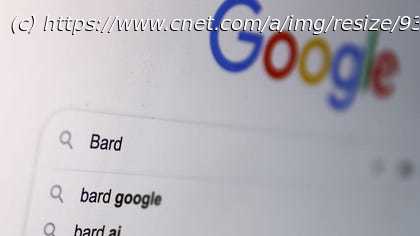Google’s AI chatbot has a new name, a new app and a new price.
The name evoked poetic qualities of a bygone era, but apparently not enough of our AI future. Starting Thursday, Google’s Bard AI chatbot will be called Gemini, matching the AI model the company rolled out in December.
Google’s answer to ChatGPT debuted nearly a year ago to mixed reviews, but has since seen multiple updates including, most recently, the ability to generate images from text.
The name change is intended to help people understand they’re engaging with the Gemini AI model via the chatbot, said Sissie Hsiao, vice president and general manager of Gemini experiences and Google Assistant.
Bard won’t change much, despite the new name, logo, apps and gemini.google.com website. But now there’s also a premium, paid Gemini version called Ultra, too. Gemini might misidentify itself as Bard, however, as it struggles with self-awareness during the transition period, Hsiao said.
Google’s changes aren’t happening in a vacuum. ChatGPT maker OpenAI has released its GPT-4 Turbo large language model and now allows anyone to create custom AI apps for its app store. Meanwhile, Microsoft announced that it intends to add a dedicated key on Windows 11 laptops and PCs to launch its AI tool, Copilot. Less well known but scoring venture funding and cachet in tech circles is the startup Perplexity, a search engine revved up with AI. These are just a few reasons why the generative AI market is projected to reach $1.3 trillion by 2032.
As generative AI shifts from startling tech breakthrough to mainstream tech, these players are all positioning themselves to be the one that captures the most hearts, minds and dollars. RIP, Google Assistant
Along with the name change, Google has two new Gemini apps for Android and iOS, which are also available in the US as of Thursday. Next week, they will roll out in Asia Pacific in English, as well as in Japanese and Korean, «with more countries and languages to come soon.






